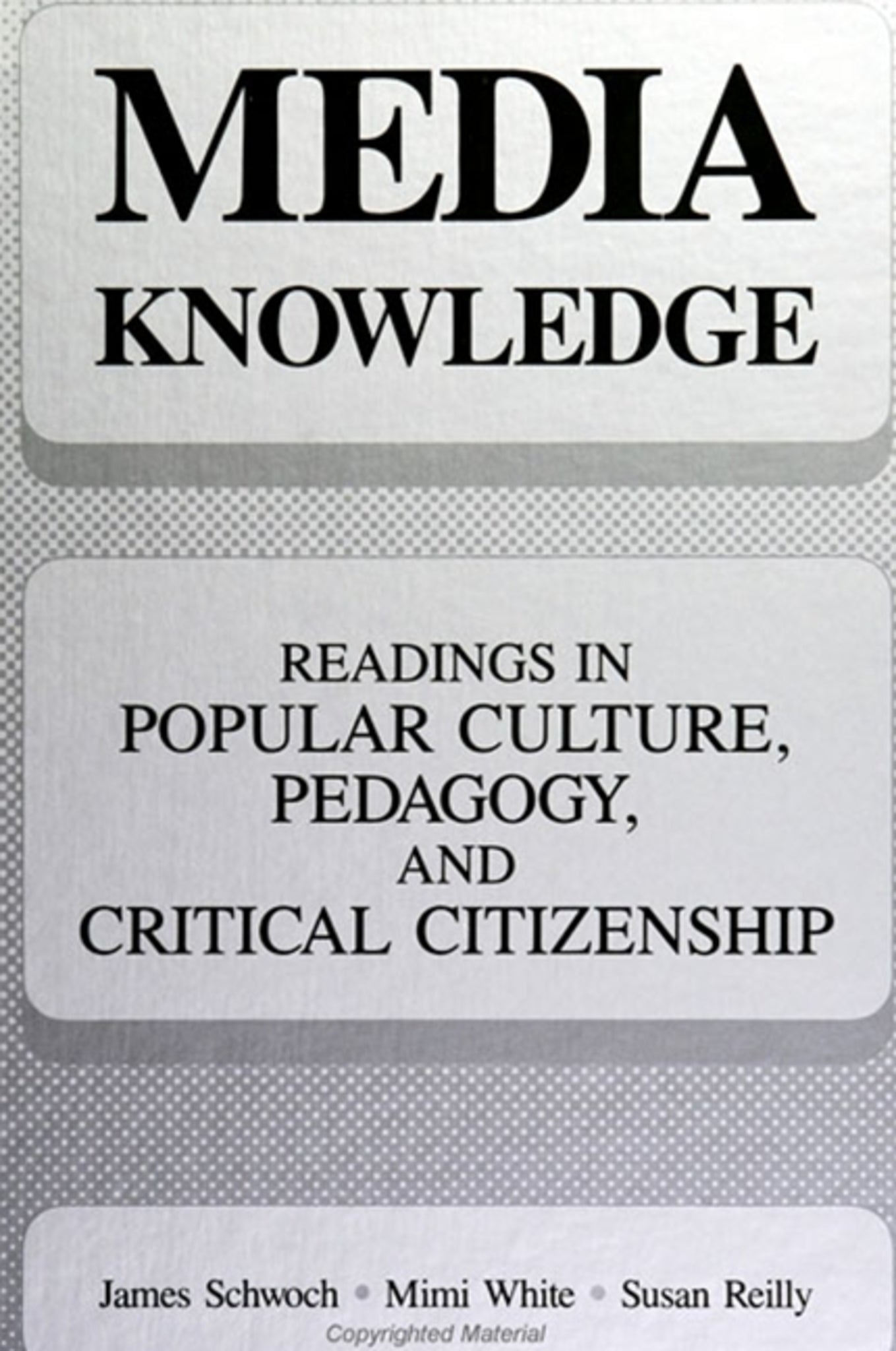We're sorry. An error has occurred
Please cancel or retry.
Media Knowledge

Some error occured while loading the Quick View. Please close the Quick View and try reloading the page.
Couldn't load pickup availability
- Format:
-
16 March 1992

This book calls for a way of reading and responding to the media culture that is more than passive reception. It argues for the fostering of critical citizenship as the key to engaging, debating, and ultimately reconstructing the concepts and beliefs society brings to bear upon popular culture. The authors analyze contemporary media culture, including television news and dramatic programming, advertising, Hollywood film, and discuss the relationships between technology, culture, and society.


"No existing work so deftly combines history and cultural analysis of the media age or embraces so wide a range of technologies." — Cecelia Tichi, Vanderbilt University
"This volume gives critical substance to the idea that media knowledge is more than its seeming facticity, more than the insights brought to us by technologies that possess a privileged and transparent access to the real. Media literacy, as advocated by Schwoch, White, and Reilly, suggests that students and teachers can discover together different ways of examining the tacit assumptions and unarticulated presuppositions that undergird current cultural and social formations and the subjectivities they foster." — Henry A. Giroux and Peter L. McLaren
Foreword
Introduction: Media Hegemony: Towards a Critical Pedagogy of Representation
Henry A. Giroux and Peter L. McLaren
Chapter 1 Television and Its Historical Pastiche
Chapter 2 Television Advertising, Telecommunications Discourse, and Contemporary American Culture
Chapter 3 Television News
Chapter 4 Drug Abuse, Race Relations, and the Prime Time News Program
Co-authored with Ronald B. Scott
Chapter 5 Popular Culture and the Pedagogy of Feminism
Chapter 6 Learning the Electronic Life
Conclusion: Pedagogy, Popular Culture, and Critical Citizenship
Notes
Bibliography
Index



